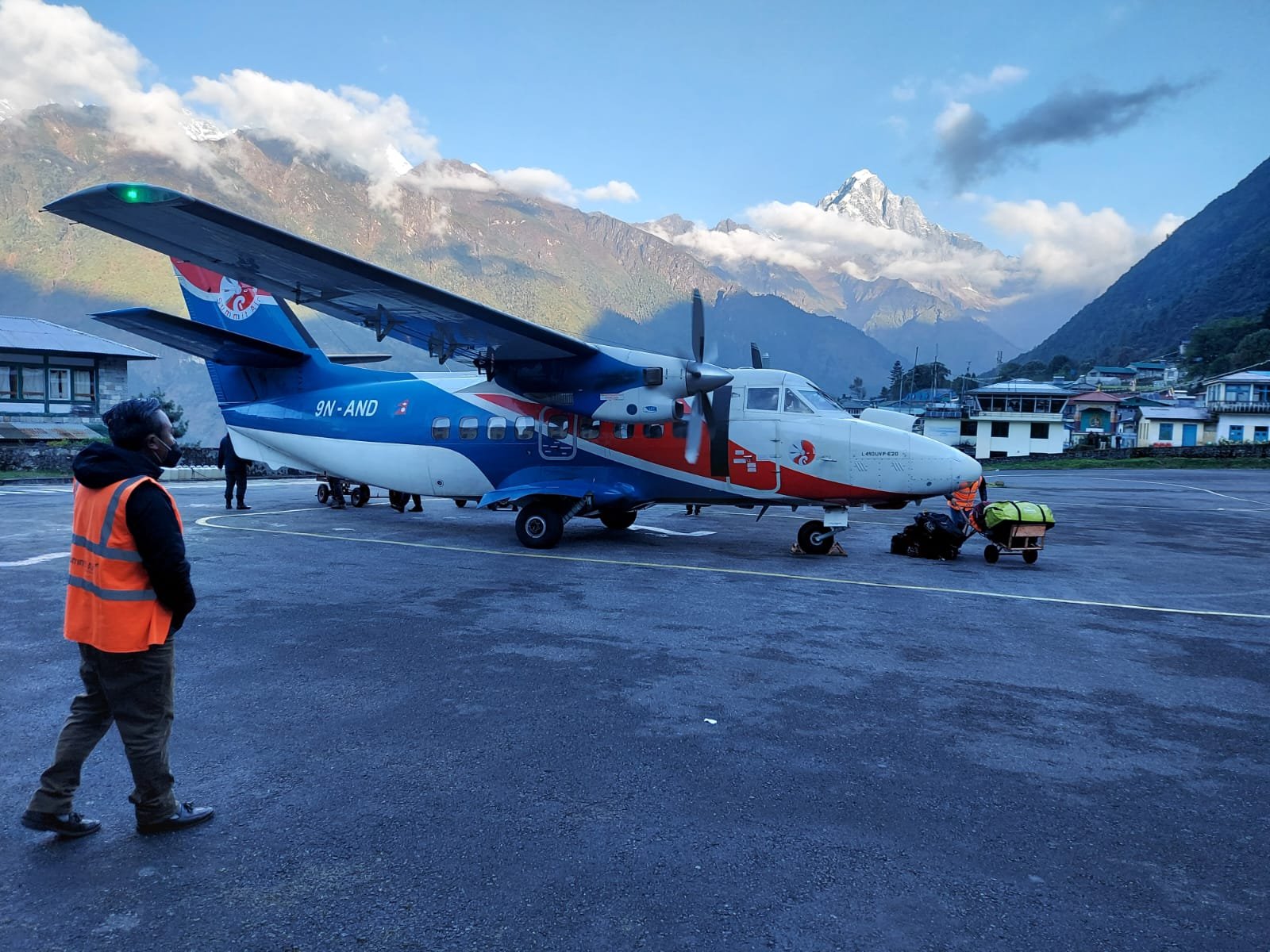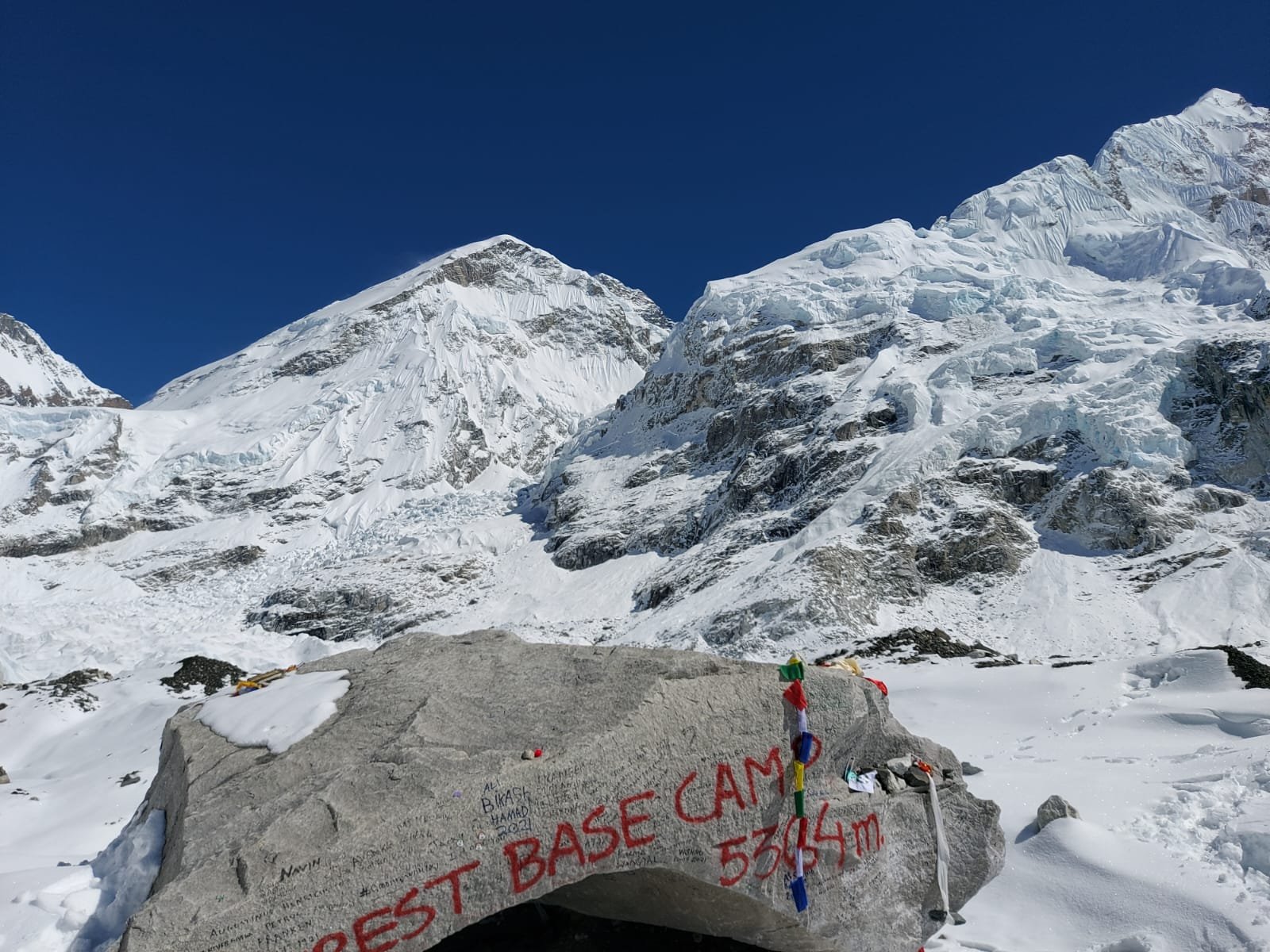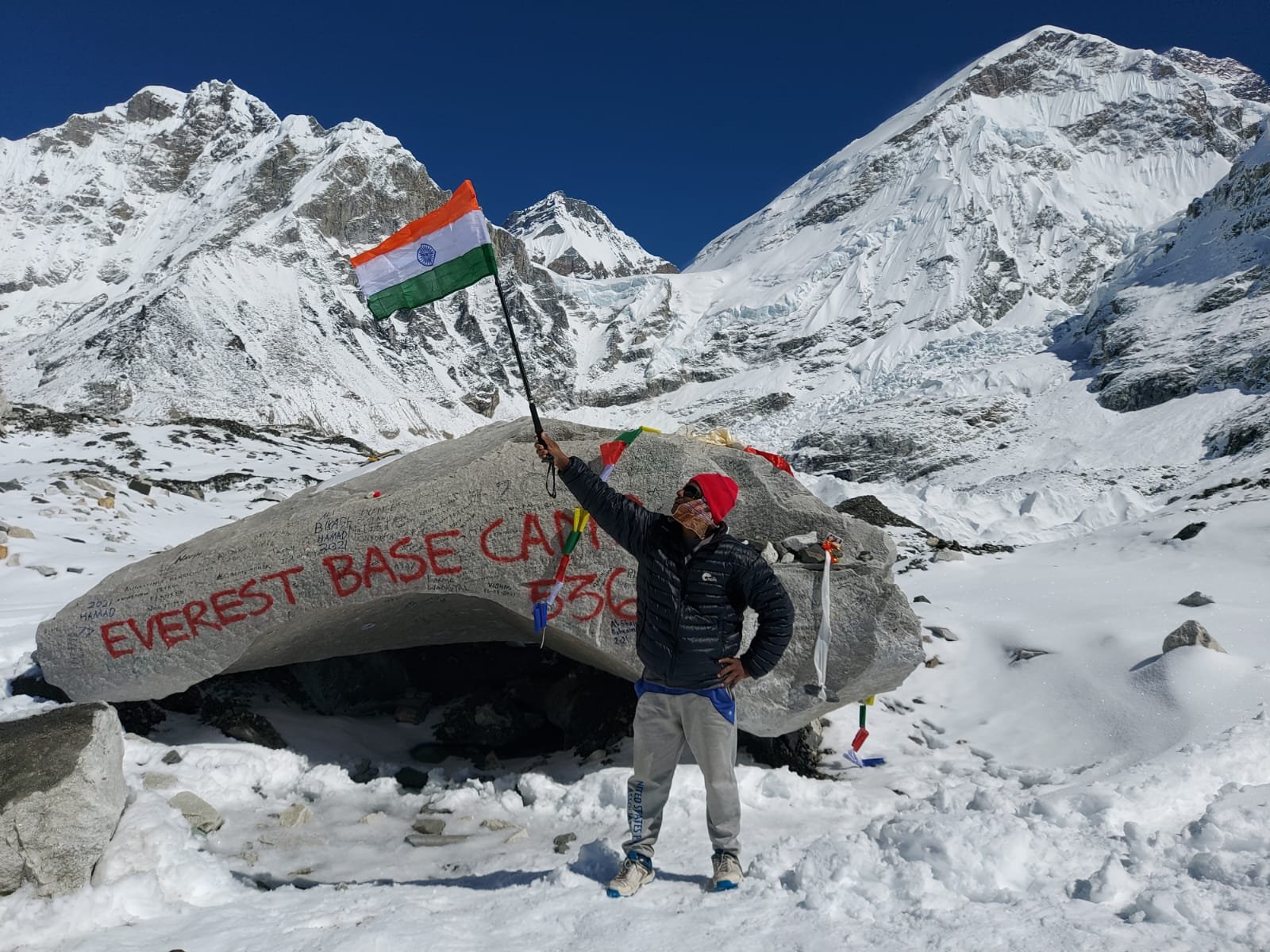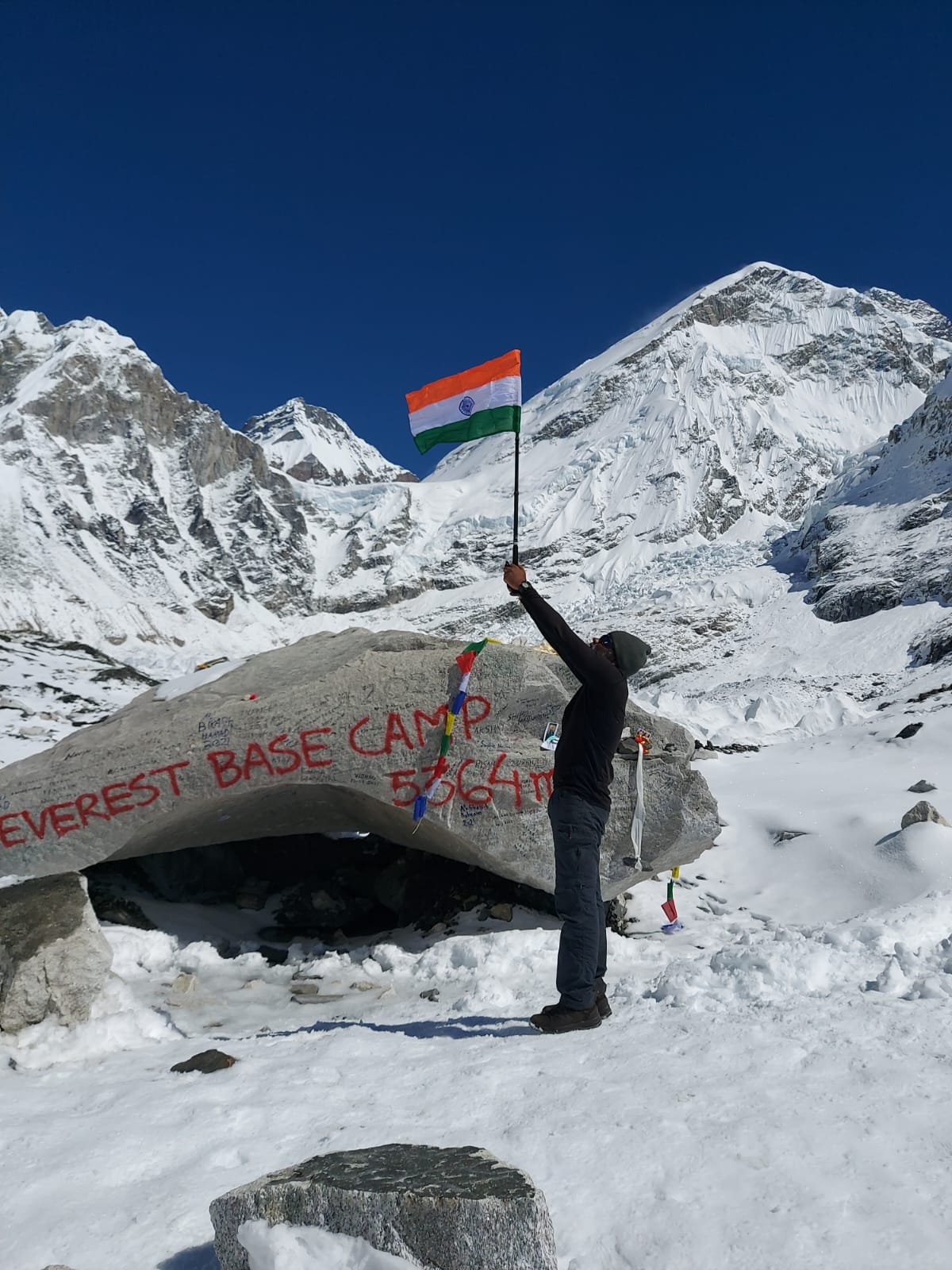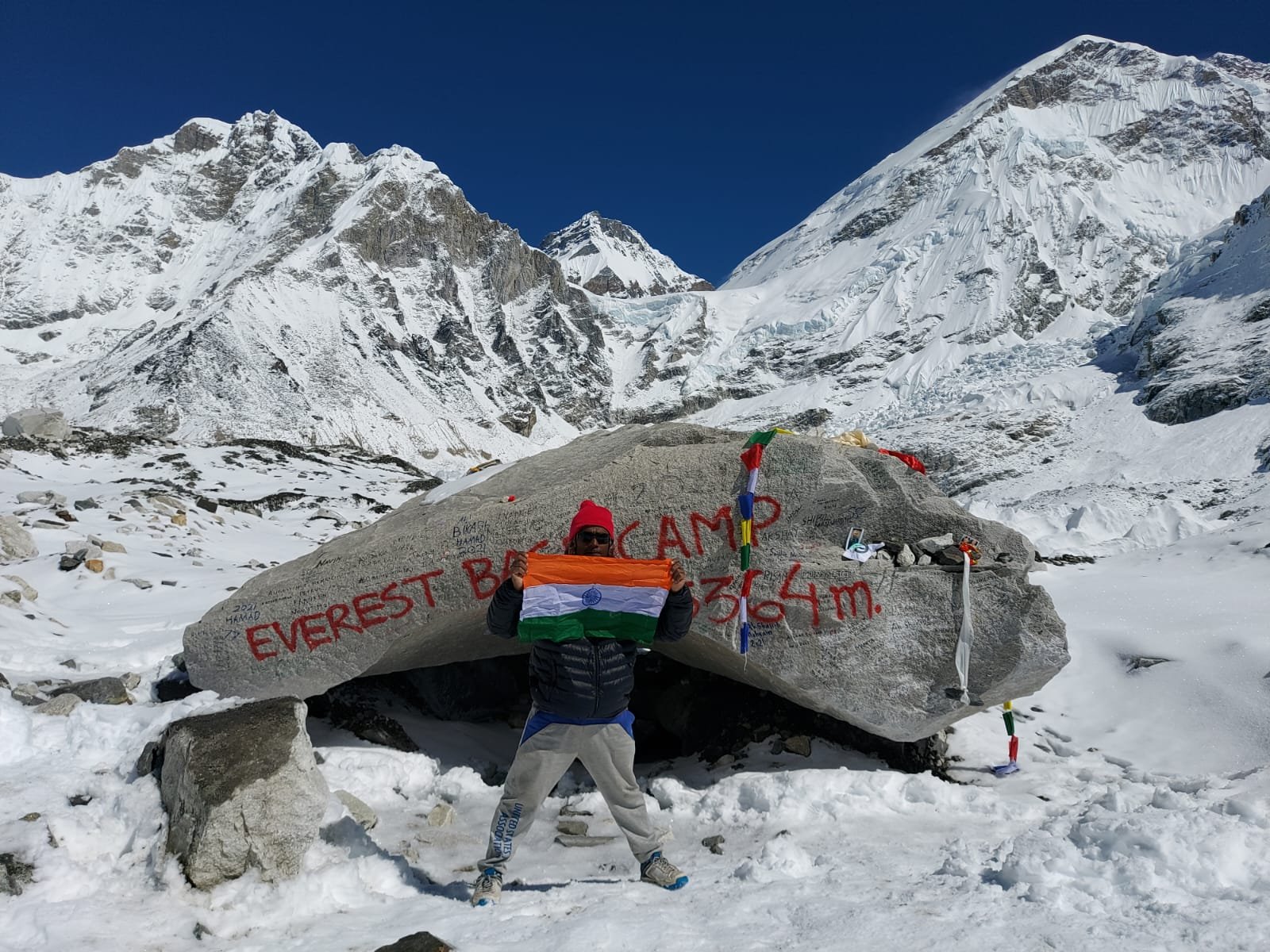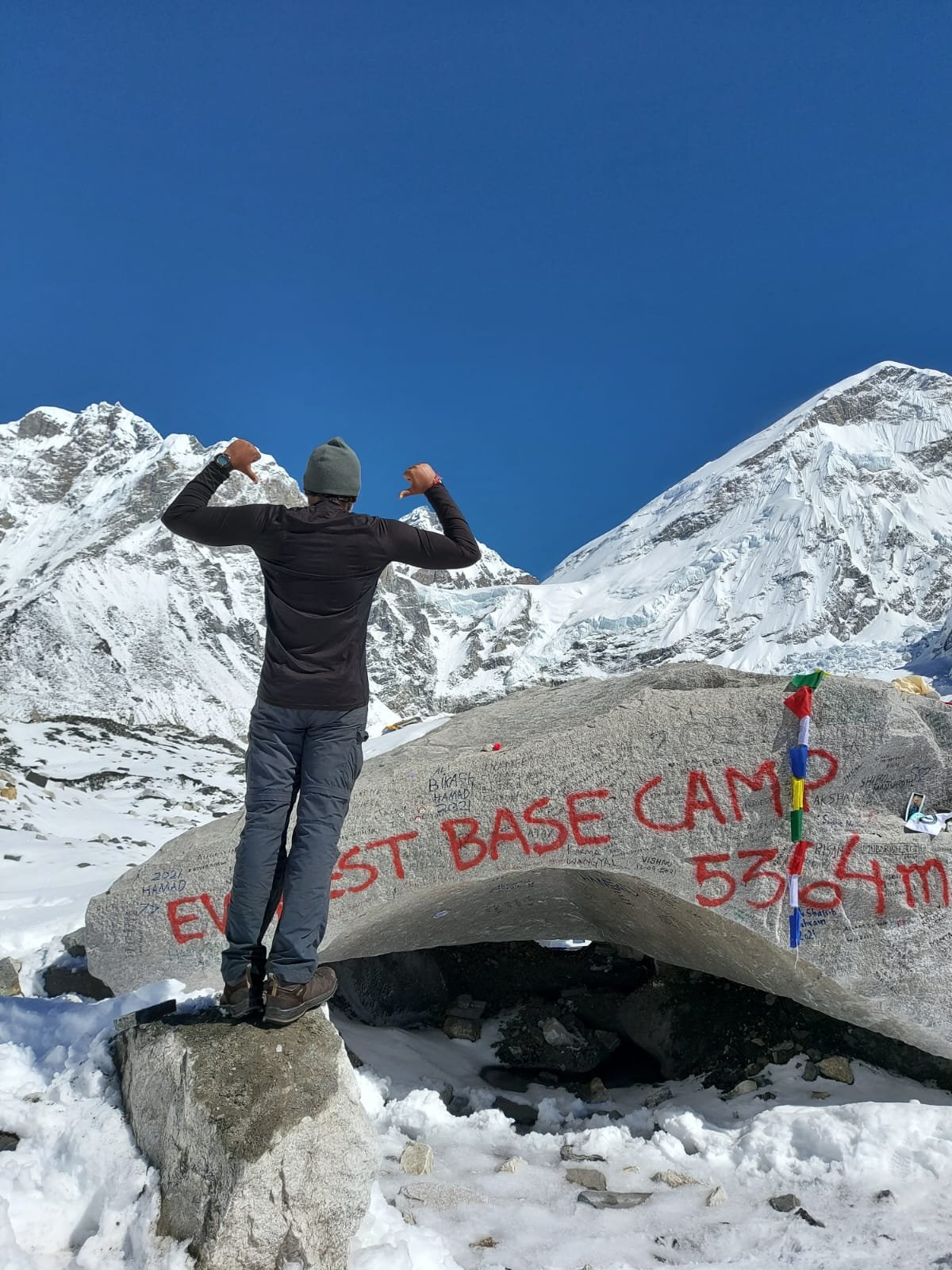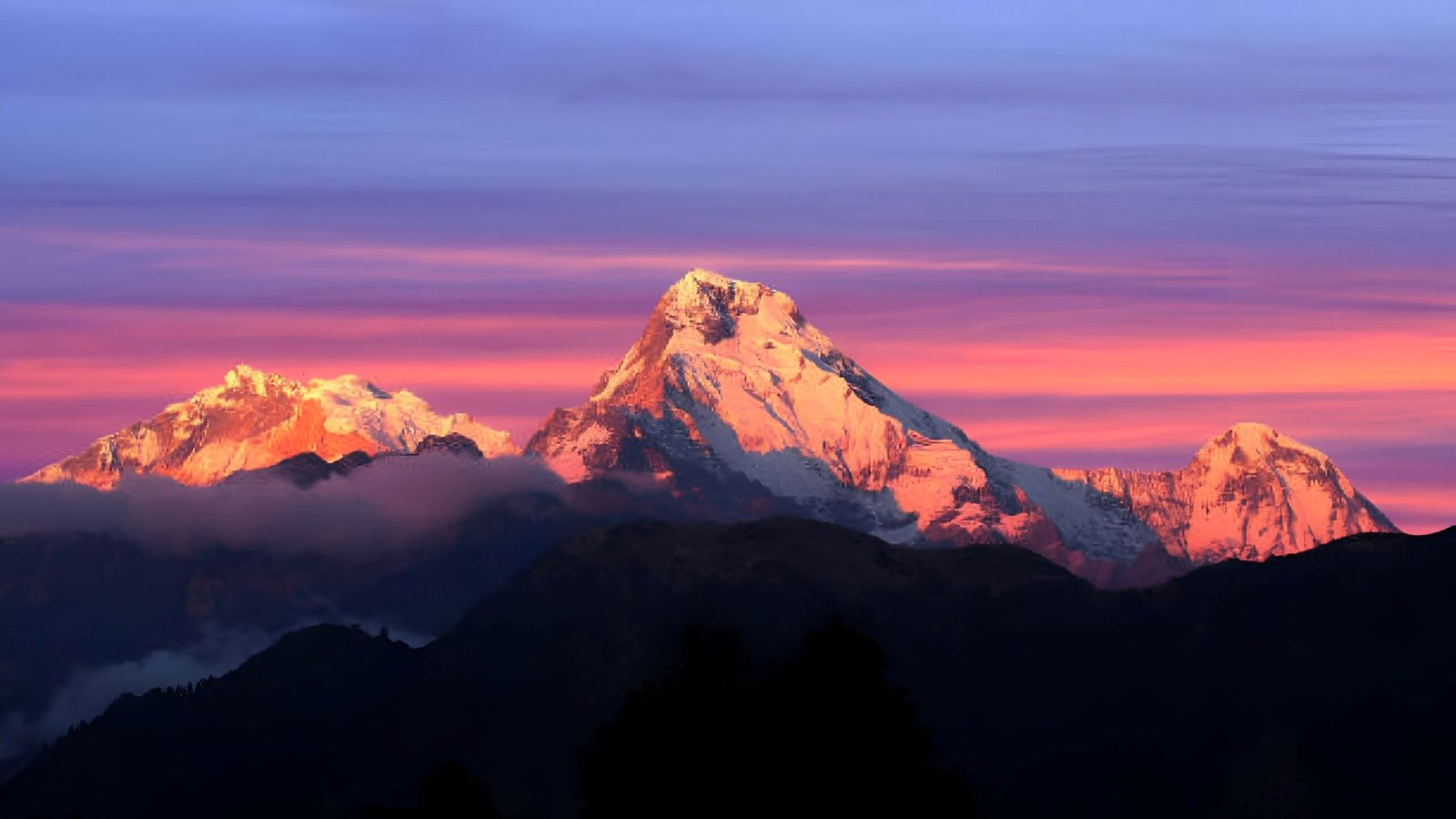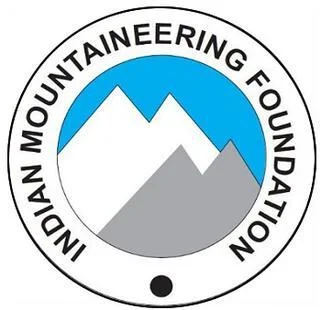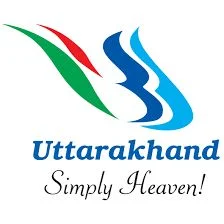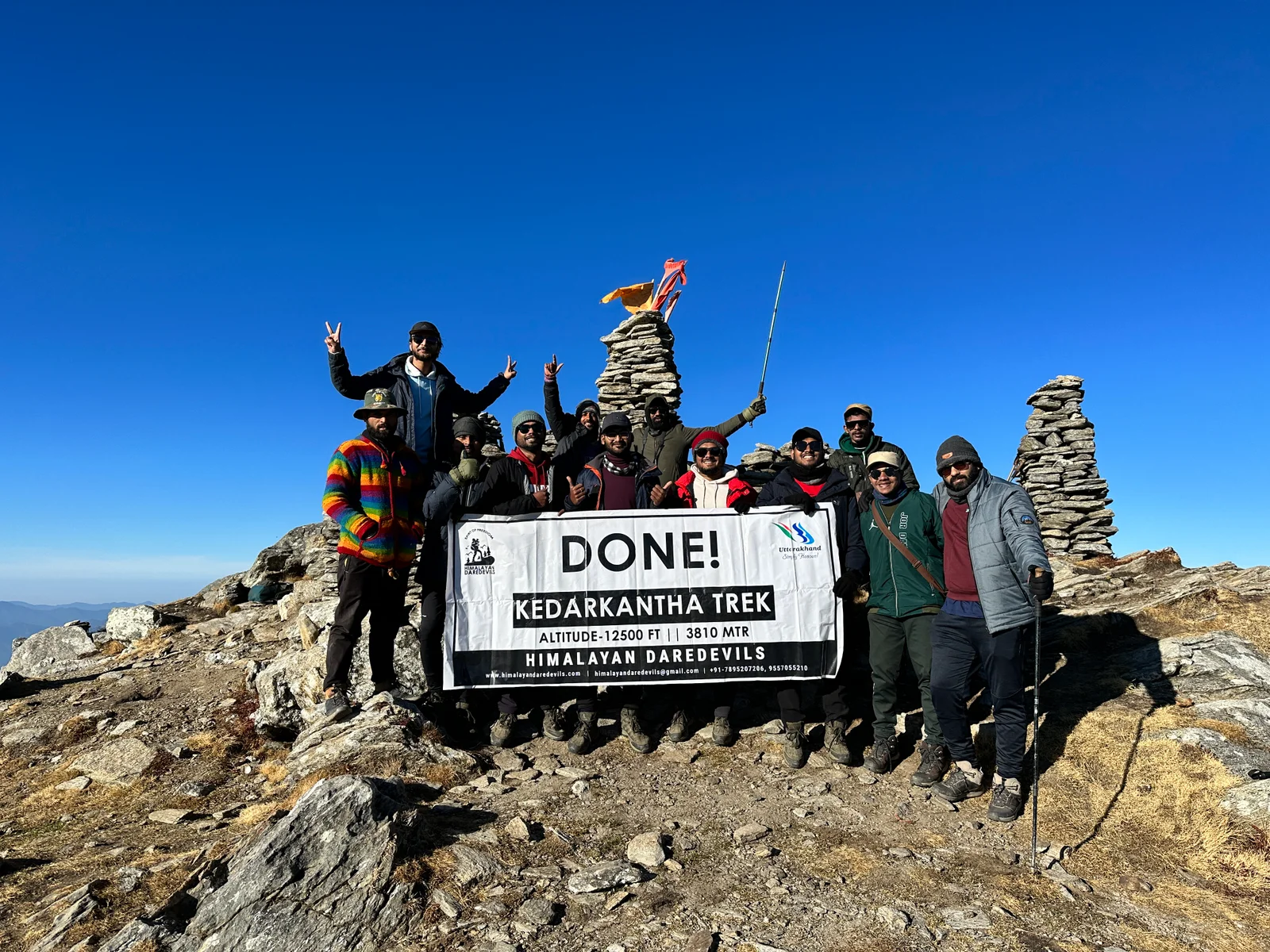Starting From
43,698
37,999.00
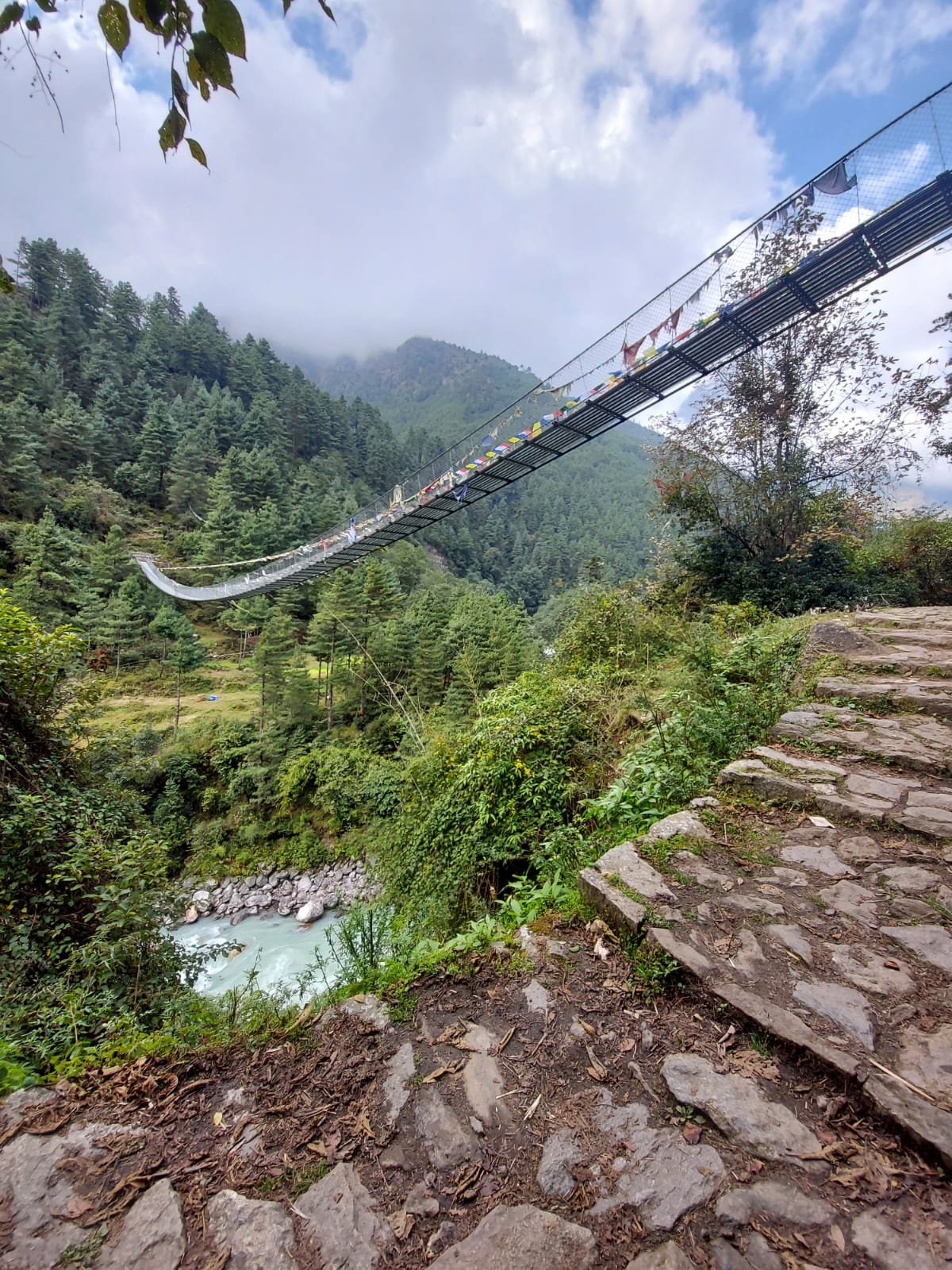
Starting From
43,699
37,999.00
Starting From
43,699
37,999.00
Everest Base Camp Trek ( Budget Friendly) (156+ Reviews)
One way Trek. The Trek starts and end at Lukla
Kathmandu is not connected to any railways
Kathmandu ( Tribhuvan International Airport)
Lukla
Summer Trek (Mid April- June) Autumn Trek (Sep-Mid Nov)
Lukla to Lukla
Not included in package
Homestay/ Tea houses
Nepal
13 Days
Difficult
18200 ft
110 Km
Overview
The North Base Camp in Tibet and the South Base Camp in Nepal are the two base camps for Everest treks. The terminus of this fabled walk is the Nepalese camp in the Khumbu area, which is commonly referred to as Everest Base Camp in Nepal. It's hidden away at the end of a lengthy valley that splits at the Sherpa settlement of Dingboche and cuts into the Himalayas. Right outside the camp, the difficult Khumbu Icefall, the first challenge for anyone trying an Everest summit push, starts to ascend to the Western Cwm, the peaks of Lhotse and Nuptse, also known as the Valley of Silence.
Itinerary
Meet the Himalayan Dare Devils team at Lukla near Lukla Airport. You will reach Kathmandu on your own. It is better to take a flight to Lukla on the previous day. This gives you a day's advantage. Even if your flight gets delayed on Day 0, you have a buffer day on reaching Lukla on Day 1 this way.
-
Trek Distance: 9 km | Duration: 4-5 hours | Altitude Loss: 9,350 ft to 8,650 ft
Easy. Gradual descent throughout. You can refill your water bottles at tea houses on the way.
-
Trek Distance: 10 km | Duration: 7 hours | Altitude Gain: 8,650 ft to 11,294 ft
Moderate. Initial level walk for 30 minutes followed by an undulating trail for a few hours. Steep climb to Namche hereafter. You can refill your water bottles at tea houses on the way.
-
Today, you’ll do an acclimatisation climb to Everest View Hotel and come back down to Namche Bazaar for lunch.
-
Trek Distance: 9.2 kms | Duration: 4 hours | Altitude Gain: 11,291 ft to 12,686 ft (+ 1397 ft)
-
Trek Distance: 10.8 kms | Duration: 3.5 hours | Altitude Gain: 12,686 ft to 14,468 ft (+ 1782 ft)
-
Acclimatization day at Dingboche
-
Trek Distance: 11.1 kms | Duration: 7 hours | Altitude Gain: 14,468 ft to 16,200 ft (+ 1732 ft)
-
Trek Distance: 8 kms | Duration:3 hours |Altitude Gain: 16,200 ft to 16,900 ft (+ 700 ft)
Moderate. Short, steep ascent followed by 1.5-2 hours of boulder walk. Ends with a gradually ascending trail. Carry sufficient water. You’ll find teahouses on the way to Gorakshep.
-
Duration: 3 hours | Altitude Gain and Loss: 16,900 ft to 14,075 ft via 18,200 ft
Difficult. Gradual descent all the way to Pheriche. Carry sufficient water; you can refill your water bottles at tea houses on the way.
-
Duration: 6-7 hours | Altitude Loss: 14,075 ft to 11,290 ft
Moderate. 3 km gradual ascent to Tengboche. You can refill your water bottles at tea houses on the way.
-
Duration: 7-8 hours | Altitude Loss: 11,290 ft to 9,300 ft
Moderate. Continuous descent to Phakding for a few hours followed by gradual ascent to Lukla. You will find tea houses on the way to refill your water bottles.
-
Take the early morning flight out of Lukla. It will take you about 45 mins to reach Kathmandu. Depart from Kathmandu.
Everest Base Camp Trek ( Budget Friendly) Map
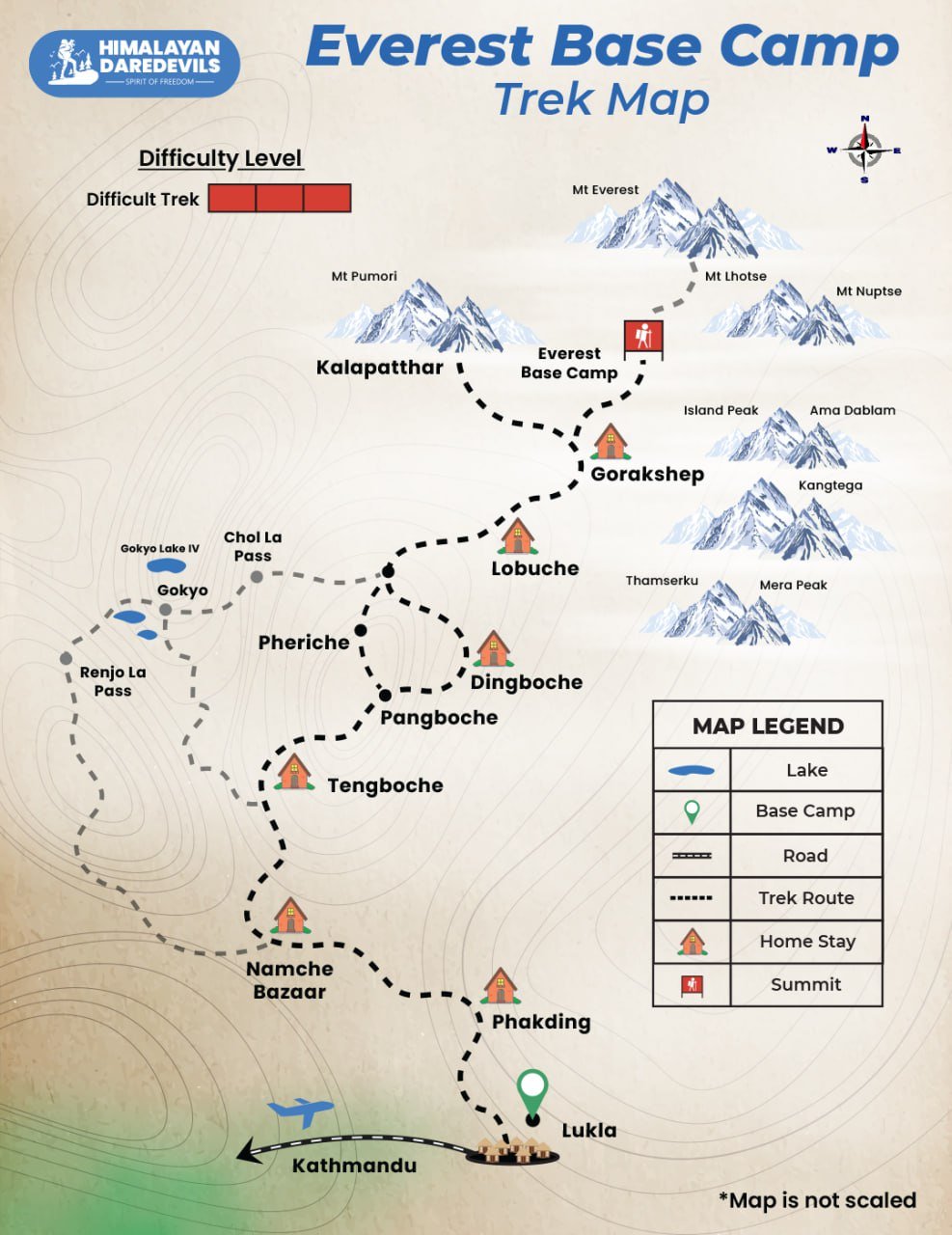
Inclusions
Exclusions
Accommodation
Stay is included from Day 1 (Lukla) to Day 12 (Lukla). You will be staying in tea houses on all days of the trek.
All trek permits and guide charges are included
All trek permits (including the Sagarmatha National Park entry permits) and 2 guides per group are included in the trek fee.
Trek Equipment
High-quality sleeping bags are included in your trek fee. Technical equipment like ice axes, ropes, microspikes, gaiters etc. are also provided as and when required.
Safety Equipment
The Himalayan Daredevils team carries an extensive high-altitude medical kit, including supplemental oxygen for emergencies. Use of this is included in your trek fee.
Trek Completion Certificate
Flight from Kathmandu to Lukla (Day 1) and Luka to Kathmandu (Day 13)
You will have to reach Lukla and return from Lukla on your own. Himalayan Daredevils will not arrange transport to and from Lukla.
Food on the Trek or Transit - Any food you have during your trek or during the travel is at your own expense.
Water on the Trek or Transit - You will have access to drinking water at the tea houses where you stay. However, if you are buying drinking water, then the charges are extra. This is not included in your trek fee. Note: A water purifying bottle is highly recommended when going on this trek.
Offloading
This will cost you INR 1,500 per day per bag. You will need to inform us one week in advance if you wish to offload your backpack. The offloaded bag should not weigh more than 9 kg. Trolleys, duffel bags, suitcases etc. are not allowed. Offline offloading is not possible on this trek.
Insurance is not included in the trek fee. If you want to avail insurance for this trek, you can write an email to your trek coordinator and apply for insurance.
Evacuation Charges
Any evacuation on trek or during transit is not included in the trek fee. The helicopter evacuation costs anywhere between 500 to 700 USD.
Phone Charging at Tea houses - Tea houses allow you the use electric charging points at an additional cost.
Any expense incurred or loss cost by reasons beyond our control such as bad weather, natural calamities (landslides, floods), flight delays/rescheduling/ cancellations, any accidents/medical evacuations, riots/strikes/war/pandemics etc.
Anything apart from inclusions
Accommodation
Stay is included from Day 1 (Lukla) to Day 12 (Lukla). You will be staying in tea houses on all days of the trek.
All trek permits and guide charges are included
All trek permits (including the Sagarmatha National Park entry permits) and 2 guides per group are included in the trek fee.
Trek Equipment
High-quality sleeping bags are included in your trek fee. Technical equipment like ice axes, ropes, microspikes, gaiters etc. are also provided as and when required.
Safety Equipment
The Himalayan Daredevils team carries an extensive high-altitude medical kit, including supplemental oxygen for emergencies. Use of this is included in your trek fee.
Trek Completion Certificate
Flight from Kathmandu to Lukla (Day 1) and Luka to Kathmandu (Day 13)
You will have to reach Lukla and return from Lukla on your own. Himalayan Daredevils will not arrange transport to and from Lukla.
Food on the Trek or Transit - Any food you have during your trek or during the travel is at your own expense.
Water on the Trek or Transit - You will have access to drinking water at the tea houses where you stay. However, if you are buying drinking water, then the charges are extra. This is not included in your trek fee. Note: A water purifying bottle is highly recommended when going on this trek.
Offloading
This will cost you INR 1,500 per day per bag. You will need to inform us one week in advance if you wish to offload your backpack. The offloaded bag should not weigh more than 9 kg. Trolleys, duffel bags, suitcases etc. are not allowed. Offline offloading is not possible on this trek.
Insurance is not included in the trek fee. If you want to avail insurance for this trek, you can write an email to your trek coordinator and apply for insurance.
Evacuation Charges
Any evacuation on trek or during transit is not included in the trek fee. The helicopter evacuation costs anywhere between 500 to 700 USD.
Phone Charging at Tea houses - Tea houses allow you the use electric charging points at an additional cost.
Any expense incurred or loss cost by reasons beyond our control such as bad weather, natural calamities (landslides, floods), flight delays/rescheduling/ cancellations, any accidents/medical evacuations, riots/strikes/war/pandemics etc.
Anything apart from inclusions
What to carry
- Trekking shoes: A good pair of trekking shoes is essential for a comfortable and safe trek. Look for shoes that are sturdy, provide good ankle support, and have a good grip on different types of terrain.
- Backpack with rain cover (50-60 ltr): A backpack is necessary to carry all your gear. Make sure it's the right size for your trek, and comes with a rain cover to keep your belongings dry in case of rain.
- Thermals (upper and lower): Thermals are lightweight and comfortable base layers that help regulate your body temperature in cold weather. Bring both upper and lower thermals to keep warm.
- 3 T-shirts (advisable quick dry): Choose quick-drying T-shirts made from breathable and moisture-wicking materials. This will help keep you cool and dry during your trek.
- 2 trek pants: Choose lightweight and comfortable trek pants that are easy to move in and can dry quickly if wet.
- Jacket (-10 degrees): A warm jacket is essential for cold weather. Choose a jacket that is waterproof and windproof, and provides good insulation.
- Fleece or hood (2): Fleece jackets or hoodies are great mid-layer options to keep warm. Bring at least two, as they can also be used as an extra layer at night.
- Sunglasses (UV protected): Protect your eyes from the sun's harmful UV rays with sunglasses that are designed for outdoor activities.
- Sun cap: A sun cap or hat with a brim will protect your face and neck from the sun.
- Hand gloves: Bring a pair of lightweight gloves to keep your hands warm and protected from wind and sunburn.
- Woolen cap: A woolen cap will keep your head and ears warm at night or in cold weather.
- Socks (3 pairs min): Bring at least three pairs of good quality socks that are moisture-wicking and provide good cushioning and support for your feet.
- Headlamp: A headlamp will come in handy if you're hiking in low-light conditions or need to find your way in the dark.
- Trekking pole (if needed): Trekking poles can help reduce strain on your legs and provide additional support on steep terrain.
- Rain cover\poncho: A rain cover or poncho will keep you and your gear dry during unexpected rain showers.
- Day pack (if you plan to offload your bag): If you plan to offload your backpack during the trek, bring a smaller day pack to carry essentials like water, snacks, and a first aid kit.
- A toiletry kit: Bring a small kit with personal hygiene items, such as a toothbrush and toothpaste, wet wipes, hand sanitizer, and toilet paper.
- Lunchbox, cup, spoon: If you plan to bring your own food, bring a lunchbox, cup, and spoon to carry and eat your meals.
- 2 one-litter bottles: Staying hydrated is crucial, so bring at least two one-liter bottles to carry water.
- 2-3 plastic covers to keep your wet or used clothes: Plastic bags are useful for keeping wet or dirty clothes separate from the rest of your belongings. They can also be used to pack out any trash or waste you generate during the trek.
How to reach
Planning your onward flight/train booking
If you are travelling from India or any other country, book your flight tickets for Day Minus One, which is two days before Day 1 on the itinerary. If your trek start day is 15 September, book your air tickets for 13 September to either Kathmandu on 14 September to Lukla.
Option 1: Fly to Kathmandu and then fly to Lukla
This is the quickest way to reach Lukla. Take a flight to Kathmandu and then another flight to Lukla.
Lukla is a small town with an airstrip that drops off to the valley. There are daily flights in the morning from Kathmandu to Lukla. Flights into Lukla are highly weather-dependent. A cloud covering a mountain ridge can shut down the entire airport! This is why you must book the first flight out of Kathmandu and factor in buffer days in the itinerary.
Tip: If you are reaching Kathmandu early on Day Minus One, you can think of taking a flight on the same day as well. We have seen the notorious airport of Lukla where trekkers have missed flights for two straight days because of weather conditions. This will give you two buffer days in case there is any delay.
Reaching Lukla early will give time for your body to acclimatise better as well.
Option 2: Fly to Kathmandu and then fly to Lukla via Ramechhap
In case a flight from Kathmandu to Luka isn’t working out, your other option to Lukla will be to take a flight from Manthali airport, which is close to Ramechhap.
Take a regular shared cab or bus from Kathmandu to Ramechhap. The duration of the drive is between 5-7 hours. And these modes of transport are almost always available in trekking season.
Tip: The best way is to take a shared Cab from New Bus Park Kathmandu, which cost NPR 500, is much more comfortable than a bus and moves after every one hour.
Option 3: Trek to Lukla on your own
Take this option if you are reaching out more than a week in advance to Kathmandu.
The trek starts from a small village called Jiri which is 7-8 hrs of bus journey from Kathmandu. It is an astounding distance of 56 km and can take anywhere between 4 days to 7 days to reach Lukla.
Again, do this only if you have a lot of time in hand and the required experience and fitness to be able to trek for 16 days after this.
Planning your return flight/train booking
The trek ends at Lukla on Day 17 including a buffer day.
For your return journey, you can again fly back from Lukla to Kathmandu. Or you could fly via Ramechhap.
Taking into account the buffer day: Booking your return tickets requires some thought. First, always book your return ticket keeping in mind the buffer day. The buffer day must be included in your itinerary. If your trek ends on Day 16 do not book your flight/bus tickets for Day 16. Instead, book for Day 17. Day 17 is your buffer day.
Planning your hotel/stay
While booking hotels on your return, always assume book your rooms assuming the buffer day is not being used. Assume the trek is going to run without any hiccups. So what happens if you use your buffer day on the trek? Unfortunately, then you’ll probably lose your hotel booking.
So book hotels where you may not have to transfer money in advance. Even if you do, consider it better than missing out on the trek. In Kathmandu, it is not difficult to find last minute hotel bookings if in case the buffer day is used.
Fitness and preparation guide for Everest Base Camp Trek ( Budget Friendly)
We recommend jogging as the best routine to get fit for a trek. It works on the same muscles that you use while trekking — your calves, glutes and hamstrings. It helps increase your stamina day by day. It is also an easy routine that does not require any equipment or tools.
Fitness target:
To do this trek comfortably, you must be able to cover 5 km in under 35 minutes. This is the minimum fitness required for this trek.
How to achieve this fitness?
- Start jogging at least 4 days a week
- If you cannot run 5 km immediately, start with 2 km and increase to 5 km over 2-3 weeks.
- Once you’re able to run 5 km, increase your pace day by day.
- Gradually increase your pace and bring it down to 5 km in less than 35 mins.
- You must be able to run 5 km in 35 mins consistently for at least 2 weeks before the trek.
This trek requires at least 6-8 weeks of preparation. The longer, the better. So plan your trek soon and start preparing.
FAQ
You'll want to make sure you have a good night's sleep when on a trek, and our eco campsites provide the comfort, warmth and privacy for a tranquil camping experience paired with superb mountain views.
The trekking season for Everest Base Camp runs from mid-September to May. October is traditionally the most popular time for this trek when the views are great and temperatures are not too extreme. But we also get many travellers enjoying the colder winter season (Dec/Jan) when numbers on the trail are lower, and skies are clearer for that Instagram-worthy photo. We always get a lot of interest in our treks over Christmas and New Year's, as it is an exciting way to spend the holiday season and minimises the days you need to use from your holiday allowance. If you trek during the winter season, you need to be prepared with suitable clothing for potentially low temperatures.
Our Everest Base Camp trek does not stay overnight at base camp. Instead, you stay at Gorak Shep, where you walk into base camp for a day trip. To sleep at base camp requires special permits, which are very expensive.
Cancellation policy
Life is unpredictable and we understand sometimes you have to cancel or change your trip dates and it is our endeavour to make it as easy possible for you. However, please understand we plan everything including guide fees, permits, accommodation and ration in advance. Therefore any cancellation means inconvenience and certain losses to the people involved in various stages of programme. Keeping that in mind, our cancellation charges are as below-
Cancellation prior to 30 days from start of the event: Get monetary refund with 15% of cancellation charges on trek fee.
Cancellation between 30 days and 15 days to the start of event: 50% on trek fee is non refundable and the remaining 50 % will be given as cash voucher which is valid for 1 year.
Cancellation less than 15 days to the start of event: No refund.
Please note cancellation will be only accepted by email.
Booking amount is non refundable
Note: The Himalayan Daredevils reserves the right to cancel a programme before departure in the event of logistical problems arriving due to natural calamities, strikes, wars on any other circumstances that makes the event inadvisable. In this case, 50% on trek fee is non refundable and the remaining 50 % will be given as cash voucher which is valid for 1 year.
Itinerary changes & trip delays:
We plan itineraries based on the information at the time of planning and in rare circumstances, there are subject to change. In the event that the itinerary is changes or delayed due to unforeseen circumstances such as bad weather conditions, transportation delays, government intervention, landslides etc. We will always aim to give you the best experience possible. However The Himalayan Daredevils are not be held responsible for the cost of delay or changes.
Why Choose Us
Our Best Performance
50,000+
Trekkers
PAN India Treks
250+
Treks
Professional
and Experienced Staff
Best
Grade Equipment
Well Organised
Trek Itineraries
Related Blogs
